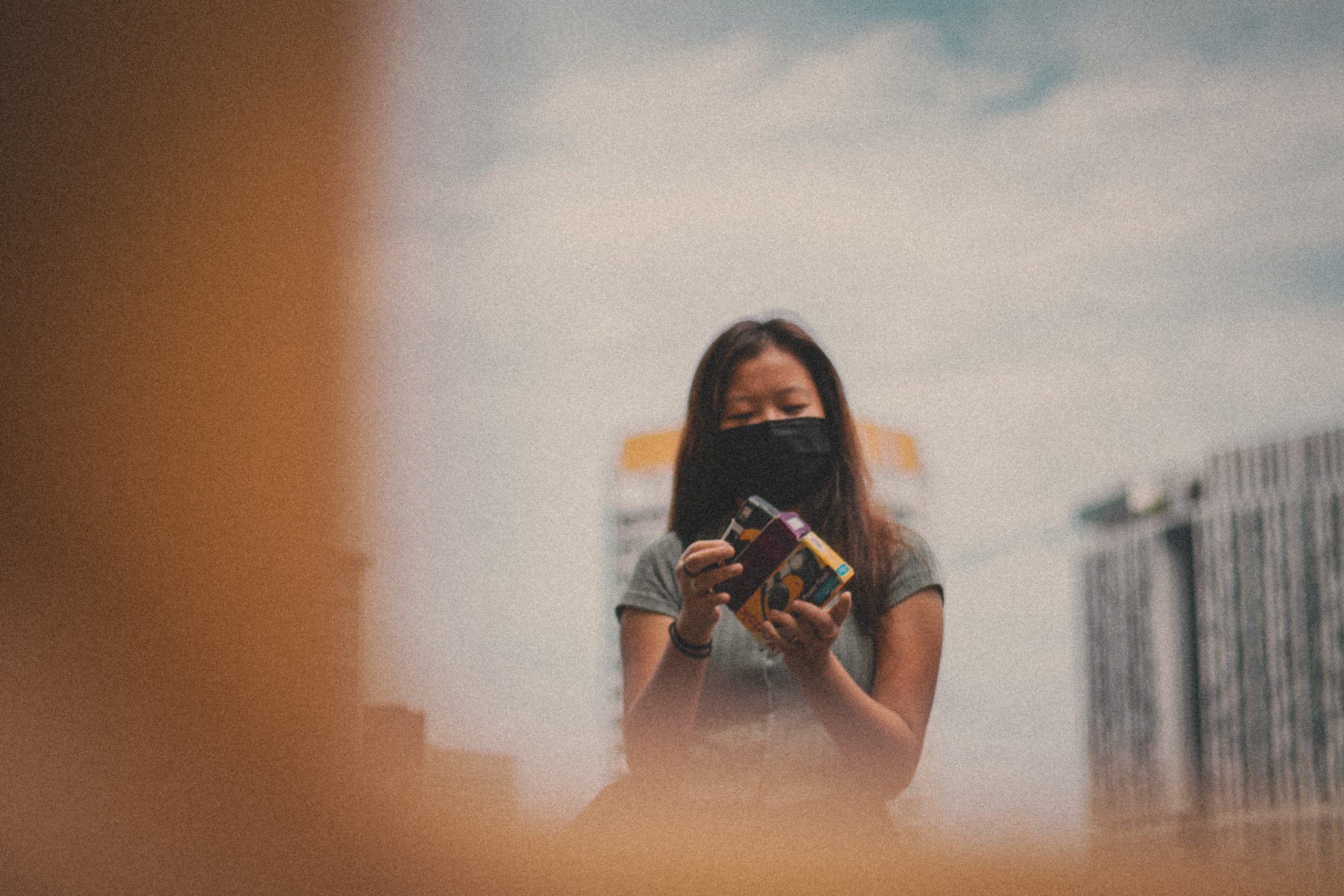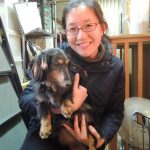Top Image: Joshua Tsu/Unsplash
While having lunch with my colleagues on the first day at my new workplace, I could feel the suspense building up before we all took our masks off. And when one of them said that it was their first time seeing my entire face, it occurred to me how naked I felt without a mask.
I was confident it was a mere passing comment to break the ice, but there was a sense of vulnerability I could not make sense of at that time. Is it because now others can see how I look on the surface, never mind who I am deep down?
“Do you also feel naked at times when you remove your mask?” I feebly replied. And to my surprise, the two of them shared the same sentiment.
For some of us, the masks offer more than just protection against the coronavirus. They have been a source of comfort, a safe space between ‘Me’ and ‘You’, where clear boundaries are drawn in public spaces and workplaces.
In ways we never imagined, masks have changed the way we perceive people behind their masks and even more so our interactions with them.
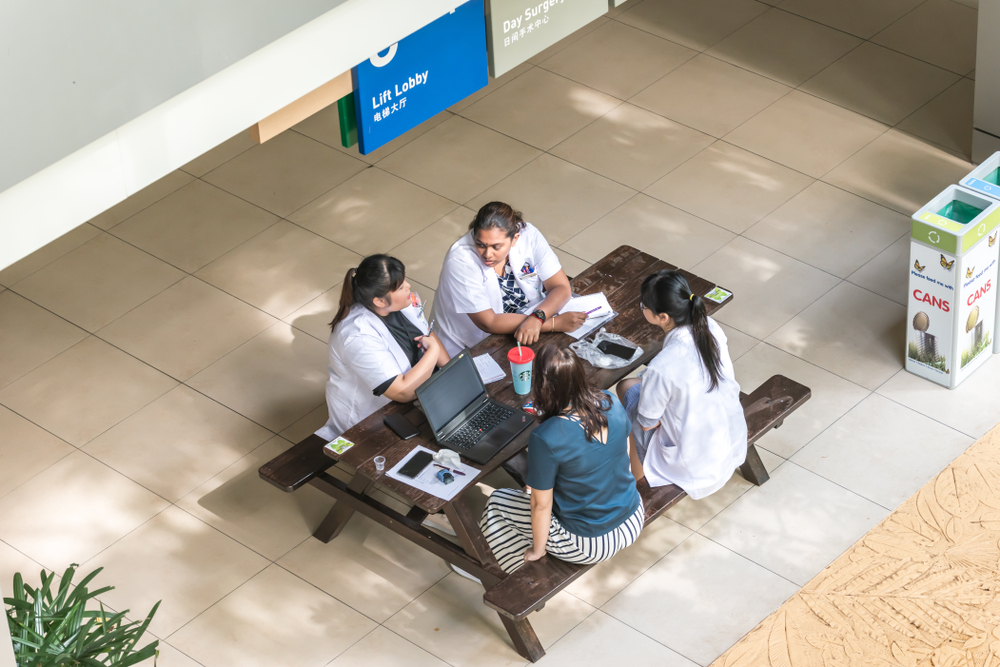
Comfort zones
In her early 30s, research coordinator Jo realises how much more comfortable she has grown wearing a mask. As her job requires her to be in direct contact with patients in the clinic, she reveals that approaching and engaging them in clinical research feels less confrontational than before.
“There are times when they will talk very loudly to me, way above a certain threshold,” she shared. “And you know how others usually look in the direction the noise is coming from? I don’t like when that happens. I want to stay away from the centre of attention as much as possible.”
“Having a mask on helps me deal with that. It’s like having someone shouting at you in your face versus the same person doing that through a glass panel. It’s less harsh, less aggressive.”
Jo candidly talks about how she enjoys taking public transport and entering crowded areas thanks to the masks—or “boundaries”, as she calls them—between people. A certain sense of privacy and anonymity is granted by blending into a mask-wearing crowd.
There were days when she chanced upon an acquaintance but was unsure if she was waving to the right person. What if it was the wrong person? Wouldn’t it be awkward for both parties?
Jo prefers to be uninterrupted when running errands, so she often walks away after seeing someone familiar, hoping the person did not recognise her anyway.
“With a mask, I don’t feel so bad when I choose not to say hi,” she chuckles.
In a similar vein, 20-year-old Ian, who is currently in National Service, tells me how masks have been his saviour by allowing him to conceal his emotions.
“You know whenever people make remarks or jokes? There are times when I don’t know how to respond to them, so I usually giggle or laugh to kind of diffuse the awkwardness. I know that sometimes my actions may offend people because they think I am laughing at them when that is not the case.”
“Yes, that could have made them self-conscious,” I reply. “Also, could laughing at things be a subconscious attempt to help yourself feel less anxious?”
Ian thinks for a second and nods, “You are right. When I am anxious, I will laugh too.”
The wearing of masks has undoubtedly brought much comfort and relief to people who experience anxiety in social situations. They help hide a nervous smile, a brief moment of lip-biting, or even cheeks blushing.
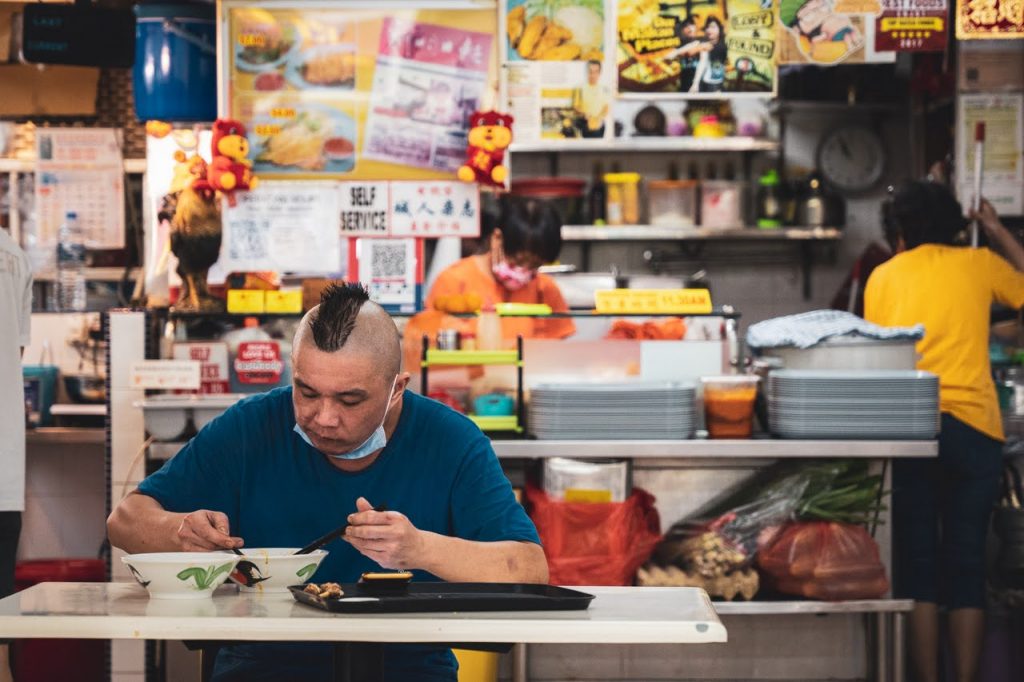
Protective barriers
“I have become a lot less self-conscious,” Yuzhou, a 31-year-old who specialises in plant biology, says. “I don’t wash my hair in the morning because people cannot smell me now anyway.”
Before the pandemic, Yuzhou used to apply very light makeup before heading to work, in a bid to conceal her eye bags. Now, she can cover up the lower part of her eye bags, eliminating the need for makeup.
“I don’t know how I would feel if I had to apply makeup again for work every morning since now the only few times I have done so is when I attend weddings. But even then, those are rare occasions. Handling my brushes feels odd somehow,” she laughs.
“I also don’t clean my teeth with my tongue anymore after lunch or check my teeth in the mirror,” she continues. “And I go wild on the onions and garlic. I used to avoid them if I needed to talk to people in the afternoon.”
Appearances aside, Yuzhou remarks that she wears a poker face often because she finds facial expressions less useful since many emotions are hidden. However, she thinks that her eye-game has to be stronger now when conversing with people, as it is the only part of her face that is clearly visible.
A raise in our eyebrows may signal surprise or fascination. A crease between our eyebrows, on the other hand, may send a clear sign of disapproval or even annoyance, depending on the context.
I probe further, “How does wearing masks influence your interactions with new people?”
“I can be quite shy, especially when I have to remove my mask in front of them. But if I think about it logically, I would rather they see my face first, so they don’t build up their expectations. I don’t want the discrepancy to disappoint them eventually,” Yuzhou replies after much contemplation.
Contrary to what most people may think about introverts, Yuzhou enjoys interacting with people, especially during meal times when masks are removed. Without the “protective barriers,” Yuzhou feels a more robust connection.
Genuine connections
“What goes through your mind when you meet a potential partner for the first time in real life after connecting online?” I ask Dave, a PMET in his early 30s.
He deliberates momentarily. “Am I able to connect with her? Does she look the same in the flesh as in her photos?”
Dave shares his encounters on Coffee Meets Bagel, where he has come across a fair number of people displaying only pictures with their masks. In such cases, he swipes left as a conscious effort to guard against mask-fishers.
As someone who values genuine connections, he feels that people who wear masks on their profile pictures on dating apps can come across as insecure. Perhaps because they feel that they look better with masks, and therefore believe that hiding their face will increase their chances of meeting someone.
“I think people are naturally drawn to beauty in symmetry,” Dave ponders. “There is a higher chance of achieving “perfection” with half of our face covered by the mask. So when the mask is removed, and the expected symmetry is not present, understandably, there is that disappointment.”
I ask Dave if he prefers to be mask-free during meals so as to connect more deeply with dates, but he shakes his head. He firmly believes that deep connection is possible even when facial expressions are obscured since there is greater emphasis placed on the other party’s tone and word choice.
“Our eyes reveal a lot of our expressions. It would be strange if the other party did not make eye contact with me when we talked. In that case, I can easily tell if she is truly interested in me or not.”
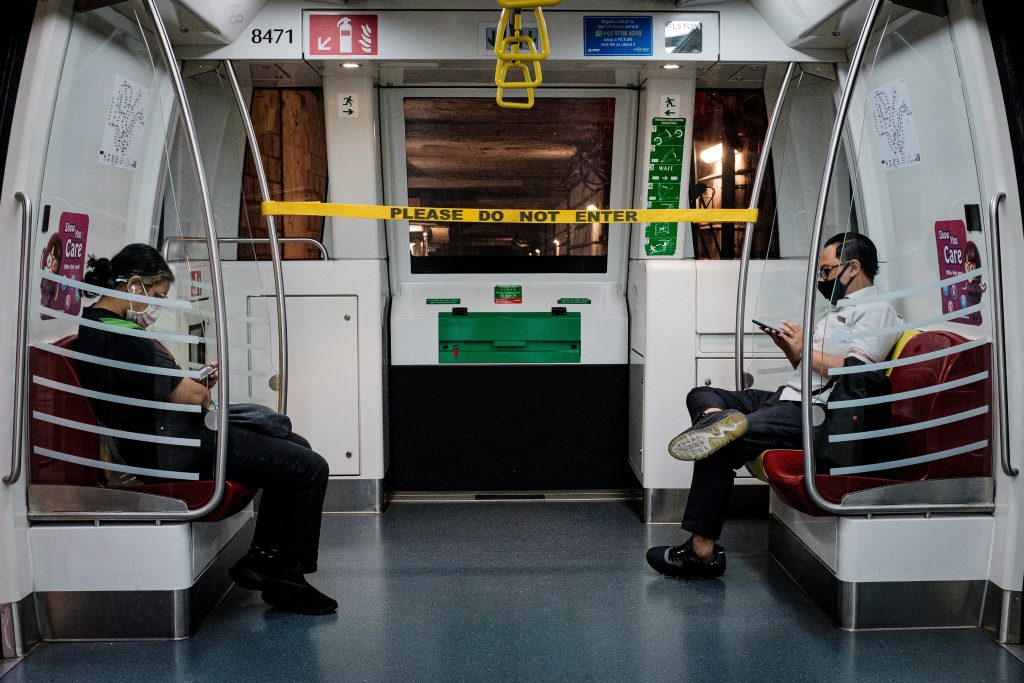
The mask illusion
”Whenever I see my colleagues’ real faces when we eat together, they always look very different from what I expected,” Yuzhou shares. “Then I was like, where did all these expectations come from? I saw that they have beautiful eyes… so maybe my subconscious assigned them other features.”
I agree with Yuzhou, telling her that this is precisely what goes on in my head. I find it so bizarre knowing that we have this inclination to conjure up illusions of other people behind their masks.
Is it because of curiosity? Curiosity often gets the better of us, coupled with imagination. We imagine what they look like, and then see if it matches in reality. This can be either a reflection of the superficiality of human nature or a testament to how self-conscious we can be.
In a poll that RICE recently conducted on Instagram, 82% of the respondents indicated that they would be curious to know what the other person looks like beneath their masks when meeting someone for the first time.
But what happens when our expectations fall short of reality? How will that affect our perception of the person?
Has that made it more difficult for us to connect with someone new and “not-so-perfect” behind our masks?
Showing up as our authentic selves
We don’t know how much longer we will be living with masks, but many are already anxiously preparing for the change. 70% of respondents in the RICE poll said they sometimes feel self-conscious when removing their masks outdoors.
One respondent said the feeling of removing their mask was comparable to that of lifting your shirt to wipe your glasses, exposing your stomach.
Personally, my mask has allowed me to be freely and openly awkward when meeting new people, knowing that it is there to have my back at all times. It is reassuring to know that I can express my true self. Yet, at the same time, it scares me a little to know that I may need some time to readapt to life as before.
Through our conversations, I have learnt that we deal with many unspoken burdens in life—the discomfort, imperfections, anxieties and vulnerabilities—that are holding us back. Talking about them makes us feel uncomfortable, exposed, and sometimes misunderstood.
But I believe that having honest conversations about them brings us one step closer to a future where we can show up as our authentic selves, with or without masks.

